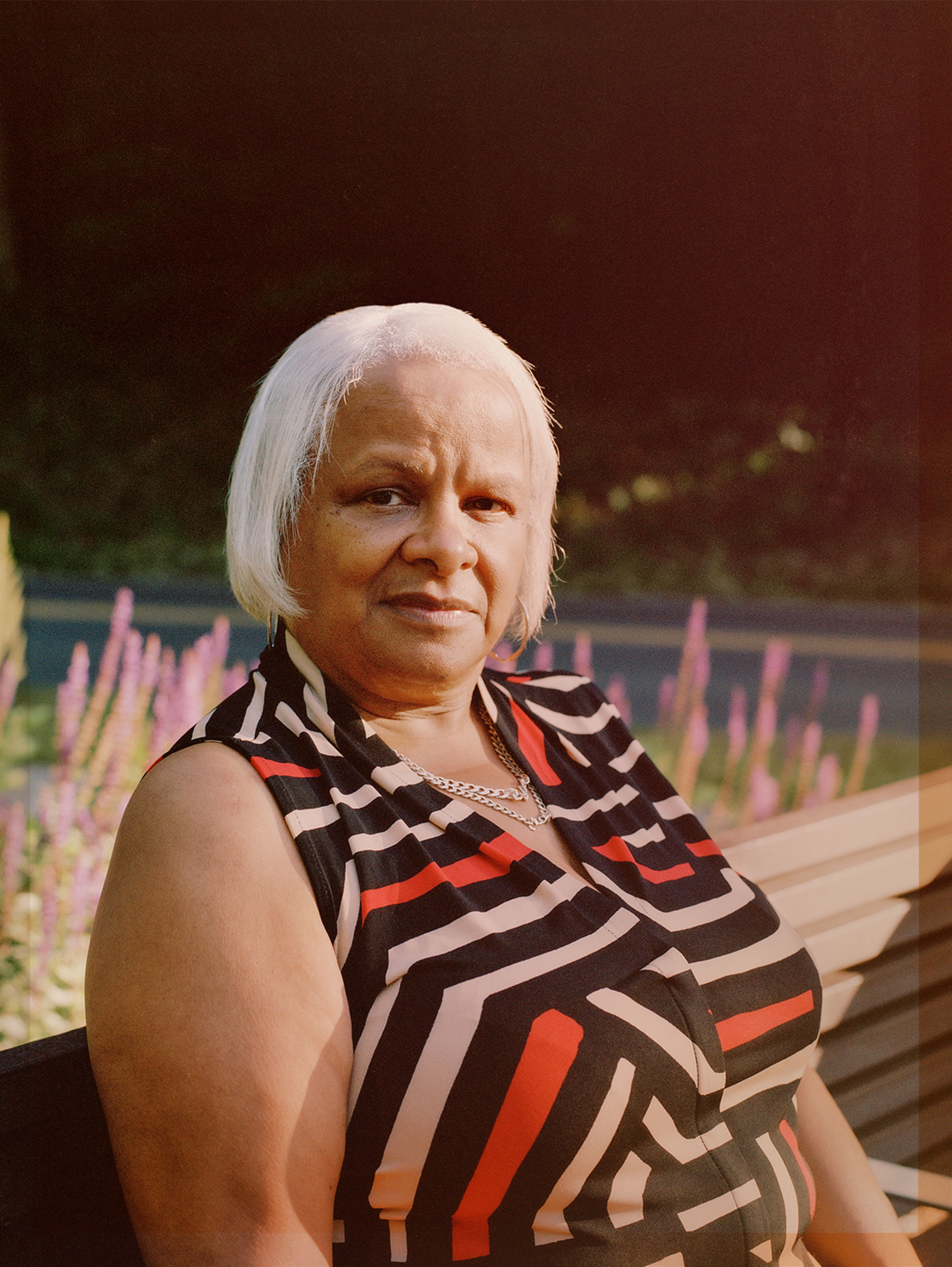What To Know Today
NEW from THE TRACE: After losing her son in a shooting, she planted a garden for healing. She hopes it will inspire reform. Following her son’s murder in New Haven, Connecticut, in 1998, Marlene Pratt left the city, haunted by her own trauma and afraid of the city’s gun violence problem. She eventually returned in 2014, and would often seek solace and reflection in a botanical garden owned by Yale University. After an employee heard of Pratt’s story, she was offered the opportunity to plant a tree in her son Gary’s honor. “A tree?” Pratt recalls thinking. “I don’t want something small. I want something for every mother that has lost a child in this city — a place that is beautiful, where they can grieve.” In a new profile, Trace contributor Dylan Walsh shows how Pratt finally made that dream a reality with the opening last week of the New Haven Botanical Garden of Healing Dedicated to Victims of Gun Violence.
Democrat led effort to strengthen penalties for gun charges highlights tension between criminal justice reform, rising violence. Pennsylvania’s House Judiciary Committee this week advanced legislation to reinstate mandatory minimums and revoke bail for repeat offenders charged with a gun violation. While the bill stands little chance of becoming law, progressives and criminal justice reformers have expressed outrage at the prospect of reverting back to tough-on-crime policies. Notably, the bill’s sponsor is a freshmen Democrat from West Philadelphia who called it a necessary response to mounting gun violence in Philadelphia and a deterrent to would-be criminals. “I clearly understand what I’m proposing is not typical for an African-American Democrat, but what I am proposing is that we can longer allow for repeat violent offenders to dictate and control our lives,” State Representative Amen Brown said.
Three Honolulu police officers were charged in the shooting death of a 16-year-old after a prosecutor overruled a grand jury. In April, three officers surrounded an idling car they had been pursuing. While two passengers jumped out and fled, two others stayed in the car. Moments later, a flurry of gunfire left Iremamber Sykap dead and his 18-year old brother wounded. This week, the local prosecutor in the case took the rare step of going ahead with murder and attempted murder charges for the officers despite a grand jury’s recent decision not to indict them. While the officers claimed that the teen had tried to drive into them, the prosecutor said their body-worn cameras told a different story. “The evidence supports the conclusion that the defendants’ use of deadly force in this case was unnecessary, unreasonable and unjustified under the law,” the prosecutor wrote in a criminal complaint.
ICMYI: SCOTUS limits appeals for felon-in-possession cases. In 2019, the justices ruled in Rehaif v. United States that to convict a defendant of possessing a firearm illegally because of felon status the court must show that the defendant actually knew their status. As a result of that decision, many defendants in felon-in-possession cases challenged their convictions, including two named parties in United States v. Gary and Greer vs. United States. But in an 8-1 ruling in the former case and a unanimous ruling in the latter, the justices said a defendant could not have a new trial or hearing unless they could credibly show they had evidence about not knowing their felon status. “The defendant faces an uphill climb in trying” to make such a case after Rehaif, wrote Judge Brett Kavanauagh, the majority opinion writer in both cases.
Why are mass shooters drawn to the AR-15? America’s most popular rifle is rarely used to commit crimes. However, as a recent special from “60 Minutes” shows, variations of the weapon have been used in several prominent mass shootings in recent years, including at a FedEx facility in Indianapolis in April, at the Tree of Life Synagogue in Pittsburgh in 2018, and at a 2017 Las Vegas music festival. The documentary talks about how its power helps explain high death counts. “Organs aren’t just going to tear or have bruises on them,” said one ballistics expert.
A look at straw purchasing — and how quickly the guns can end up implicated in crimes. This May, a 33-year-old woman bought 47 guns from shops around the Twin Cities to sell on the black market. By the month’s end, police uncovered three of her guns during shooting investigations. “These are the guns that are making it out onto the streets, and they’re killing people,” the Minnesota Assistant U.S. Attorney told The Star Tribune of Minneapolis in a snapshot of the nationwide trend.
Data Point
12 — the number of U.S. states that haven’t seen a mass shooting in 2021. By their definition, the Gun Violence Archive counts 276 mass shootings in 38 different states (and Washington, D.C.) in 2021 so far, more than the 197 by this time last year. [Gun Violence Archive]

